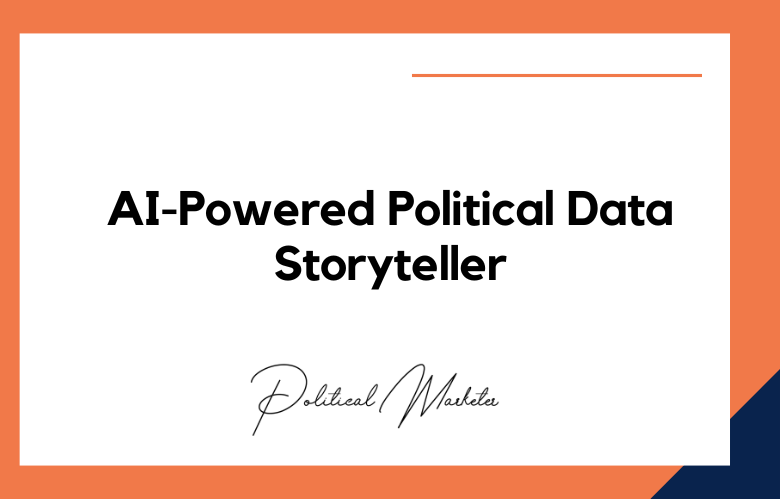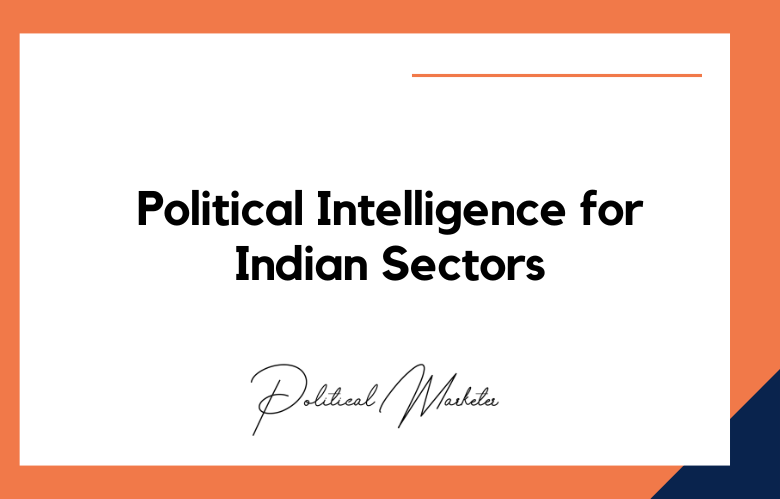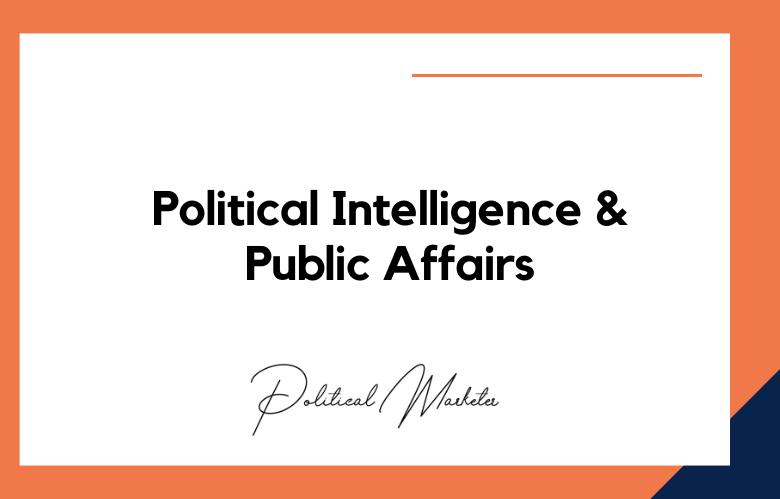Political campaigns are a dynamic and ever-changing landscape. From how candidates’ messages are crafted to the platforms they use to reach their desired audience, something new and innovative is consistently implemented to help sway voters.
The most important aspect of a political campaign is its advertising strategy, as it can be used to spread a message far and wide.
Let’s examine the critical elements of political campaign advertising and how it affects voter opinions.
Political Campaign Advertising Dynamics
Advertising Platforms
The first step in creating an effective political campaign advertisement is determining which platform(s) to use.
Traditional billboards, radio, and television commercials are still widely used due to their high visibility and reach potential; however, digital marketing has become increasingly popular.
From search engine optimization (SEO) tactics to social media campaigns, digital marketing allows campaigns to target specific audiences more efficiently while providing excellent metrics for tracking success.
By understanding the different platforms available, you can create an advertising strategy that meets your needs while maximizing your budget.
Message Crafting
The second element of political campaign advertising is crafting a message that resonates with your intended audience(s).
Whether you’re promoting an individual candidate or a particular policy position, it is essential to craft messaging that appeals to voters on an emotional level.
It means using language that conveys passion without being overly polarizing or partisan; it should also avoid inflammatory rhetoric or negative language about other candidates or parties.
Ensure that any claims made in advertisements are accurate and verifiable. Nothing will turn off voters faster than false statements or misleading information.
Ad Placement & Timing
When creating a political campaign advertisement, it is essential to consider when and where ads will be placed for maximum impact.
Ad placement can vary depending on the type of advertisement (e.g., television vs. digital). Still, generally speaking, ads should be placed where they have the most significant potential reach while avoiding saturation (i.e., not bombarding viewers/listeners with too many ads).
Timing may also play an essential role in ad placement; for example, ads may be placed closer during election season, when more people are paying attention, than during non-election periods.
The strategy behind Political Campaign Advertising
The success or failure of a political campaign depends on the strategy behind its advertising efforts.
A well-crafted message must be delivered to convince the public to choose one candidate over another. It includes identifying target audiences and crafting messages tailored specifically for them.
Ads must also be time-targeted to reach their intended audience at the most reasonable time. Additionally, campaigns must consider effective media channels—TV, radio, print ads, etc.—and budget resources appropriately.
Political Campaign Ads are meant to Persuade
Political campaign ads are designed with persuasion in mind. Many candidates highlight their accomplishments while attacking their opponents’ policies or records in office.
These attack ads often contain half-truths or misleading information designed to discredit their opponent and make their record look more favorable in comparison.
This tactic is meant to persuade viewers to believe the candidate has done more than their opponents and should be voted into office.
Online Advertising Plays an increasingly important role
In recent years, online advertising has become an increasingly important part of political campaigns due to its ability to target specific demographic groups with precision and accuracy.
Online ads allow campaigns to reach out to individual voters by targeting them based on age, gender, location, and other criteria such as past voting behavior or online behavior (i.e., what websites they have visited).
Campaigns can also use online data-gathering techniques—such as surveys or polls—to gain insight into critical issues for different voter groups and tailor their messages accordingly.
Effectiveness of Ads
Political campaign ads are effective because they allow candidates to communicate directly with their target audience.
They can be tailored to specific demographics, ensuring the message resonates with intended viewers.
Ads can also be strategically placed in various media outlets, allowing maximum exposure and influence. For an ad to be truly effective, it must have a clear and concise message consistent with the candidate’s or party’s goals.
Types of Political Campaign Ads
Political campaign ads come in many forms, from television commercials to social media posts.
TV commercials are still one of the most popular campaign methods as they allow politicians to reach a wide range of viewers simultaneously.
However, digital and social media platforms such as YouTube, Twitter, Facebook, Instagram, and others are also increasingly being utilized due to their more targeted approach and ability to reach niche audiences quickly and easily.
Campaign Strategies
The success or failure of a political campaign depends heavily on its advertising strategy.
For their ads to succeed, candidates must identify their target audiences and craft messages that resonate with them.
A good way for candidates to do this is by engaging with potential voters on social media—this allows them to get direct feedback about what people think about their policies or ideas before investing money in creating ads aimed at those same people.
Campaigns should adhere to ethical standards when spending money. Candidates should not overspend on advertising or use illegal bribery or deception to get ahead in an election race.
The changing dynamics of Political Campaign Advertising
Political campaigns constantly adapt to new technologies, shifting demographics, and changing regulations.
One area that is in a state of constant flux is political campaign advertising.
With the rise of digital media and the shift toward more targeted messages, it’s become increasingly crucial for campaigns to understand the changing dynamics of political campaign advertising.
The Digital Age has been a game-changer for political campaigns. Candidates no longer rely solely on traditional broadcast media to reach their desired audiences.
These days, campaigns can use digital media outlets such as social media sites like Facebook, Twitter, Instagram, and YouTube to target specific segments of the electorate with tailored messages. Precision targeting allows campaigns to connect with crucial voting blocs more effectively and can provide a massive advantage in close elections.
Another major shift in political campaign advertising is the move away from blanket messaging towards more specific appeals addressed directly to individual voters.
For example, campaigns can now send direct mailers or robocalls explicitly tailored to specific demographics or geographic regions, allowing them to focus their resources on those areas they feel they have the best chance of winning over.
This targeted messaging also allows campaigns to avoid wasting time and money on voters who may never support their candidate.
Campaign finance regulations have changed dramatically over the past decade, making it far more difficult for candidates and outside groups to spend freely on campaign ads without disclosing their funding sources.
It has enormously impacted how political ads are produced, where they are placed, and who pays for them – all factors that play a significant role in determining which candidates get elected and which don’t.
Political Campaign Advertising Consulting
Political Campaign Advertising can be a critical component in any successful campaign.
Political candidates must identify their target audience, craft a compelling message, and use the best resources, such as print advertisements and digital marketing campaigns, to spread their message.
Political Campaign Advertising Consulting can provide invaluable assistance in the process.
Experienced consultants know the current advertising landscape and offer professional guidance to ensure your political campaign is well-positioned for success.
With Political Campaign Advertising Consulting, you can be sure that your message will reach the right people and have the maximum effectiveness.
Political campaign ads can make or break a candidate’s chances for office success.
Political Campaign Advertising Consulting is invaluable for those looking to maximize their impact without breaking the bank.
Political Campaign Advertising Consulting offers expert advice on choosing the right message for the most effective ad placement and increasing visibility, as well as expertise on maximizing the viewership of political media through advanced targeting.
With Political Campaign Advertising Consulting from experienced professionals, candidates can ensure that every dollar is spent wisely to promote their candidacy and give them the best chance at success.
Conclusion
Political campaigns rely heavily on effective advertising strategies to spread their message far and wide while resonating with their desired audience(s).
From understanding different advertising platforms to crafting messages that appeal emotionally without being overly polarizing or partisan, several key elements are involved in creating successful political campaign advertisements.
With careful consideration of ad placement and timing, message crafting, and platforms utilized, campaigns can develop advertisements that impact potential voters and help lead them to success!
Call: +91 9848321284
Email: [email protected]











